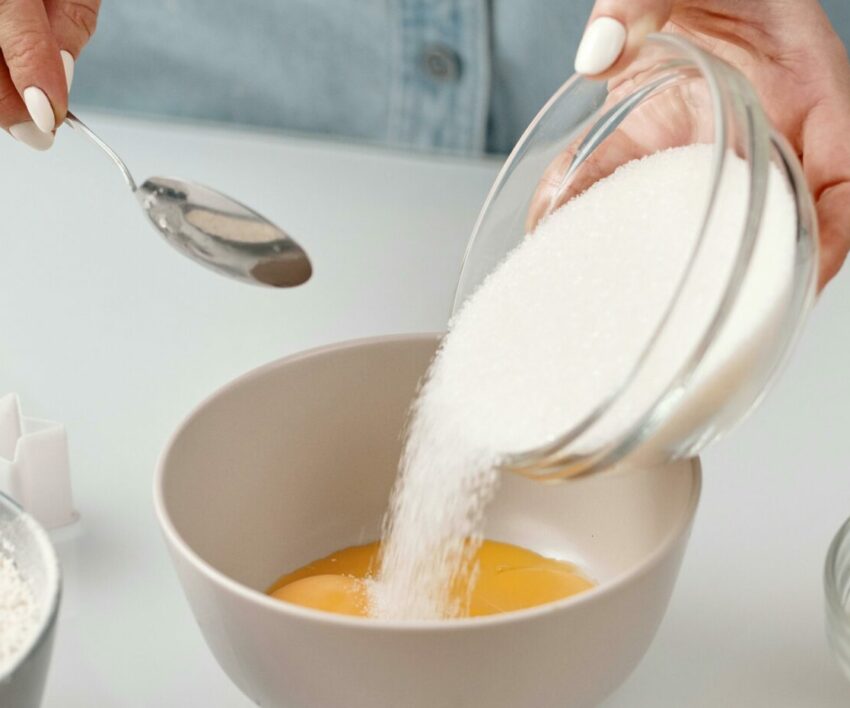
Sugar alcohols sound like something you’d find at a candy-themed party, but they’re highly unlikely. They promise sweetness without the extra calories or blood sugar spikes, making them a go-to for many health-conscious eaters.
However, while they have their perks, sugar alcohols also come with a few less-than-sweet side effects. So, are they a smart swap or just another tricky ingredient? The answer depends on how much your stomach can handle.
The Cleveland Clinic defines sugar alcohols as a type of carbohydrate with a chemical structure similar to sugar, found naturally in some foods and made by the body. They are said to be manmade and manufactured to sweeten products while reducing calories. “Sugar alcohols stimulate the tongue’s sweet taste buds, which adds flavour without extra sugar or calories. Food companies use them so they can market their foods as ‘low-carb,’ ‘sugar-free’ or ‘diabetes-friendly’ without sacrificing taste.”
The above source further explains that sugar alcohols have fewer calories, easier blood sugar management, less dental risk, and lower carbs, making them suitable for low-carb diets. However, it is mentioned the body cannot fully digest sugar alcohol, which can cause problems.
Harvard Health claims that sugar alcohols can cause gastrointestinal problems when consumed in high amounts due to their slow digestion, which can feed bacteria in the gut, leading to fermentation and excess gas production. Tolerance is said to depend on factors like body weight, health conditions, and dietary habits. Consuming them in moderation is recommended as part of a healthy eating pattern.




